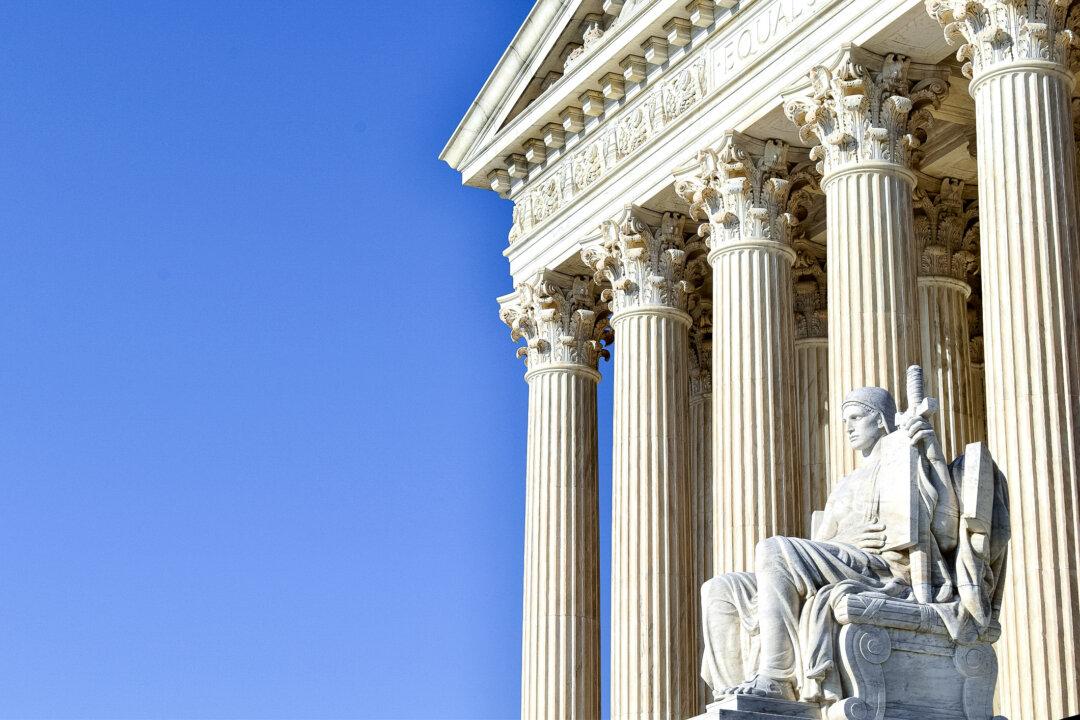A group of Democrat lawmakers is urging the U.S. Supreme Court to uphold a lower court ruling that blocked a local government in Oregon from prosecuting homeless people for sleeping outside.
The case, City of Grants Pass v. Johnson, set to be heard later this month, arises as cities nationwide grapple with the issue of homelessness and the expansion of homeless camps, fueled by rising residential rents among other factors. The U.S. Department of Housing and Urban Development reported that more than 580,000 people experienced homelessness in 2022.





